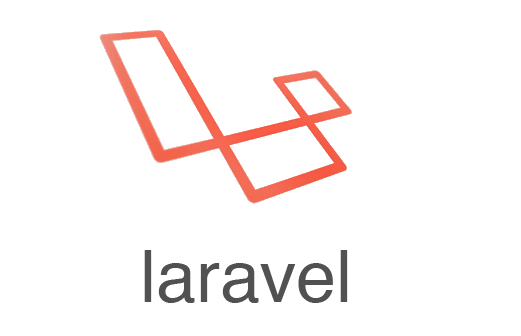Laravel for Your Website
About Laravel
Laravel was developed in 2011 as a PHP web framework which would be completely free and open-source use. The idea behind it was that it would function as a way to create web applications that would follow the model-view-controller (MVC) pattern. Laravel has many features which will be discussed below, including various utilities to help in the making of web applications and a dedicated dependency manager, which make it stand out from other such frameworks.
The creator of Laravel, Taylor Otwell, wanted to provide an alternative to the only other existing framework – CodeIgniter – which was rapidly becoming obsolete, as it did not provide in-application support for user authentication and authorization. Laravel, in contrast, not only provided both of these things but also provided support for models, session, views and routing, among other things. The first version of Laravel, however, did lack the support for controllers which a proper MVC framework required. Later versions of Laravel corrected this, however, making the framework completely MVC-compliant.
Laravel 3 was released in February 2012 with a set of new features including the command-line interface (CLI) named Artisan, built-in support for more database management systems, database migrations as a form of version control for database layouts, support for handling events, and a packaging system called Bundles. An increase of the Laravel’s userbase and popularity lined up with the release of Laravel 3.
Subsequent re-releases of Laravel saw fairly basic changes being made to its basic framework until Laravel 4 (Illuminate) came onto the scene in 2013. This version of Laravel was a complete rewrite of the initial framework, which now, rather than being one single application, took the form of a series of packages which were distributed equally throughout the package manager, Composer. The changes made Laravel more user-friend, giving new built-in support for email sending, message queues, and soft deletion of files (a delayed deletion reaction).
The succeeding years saw more developments for Laravel, and more framework supported applications, until the final release, taking place in January of this year, saw the debut of a number of new features at once, including Laravel Dusk, Laravel Mix, high order messaging services and markdowns for emails, new components and slots for Blade, and much more, all for the benefit of Laravel users.
While the applications associated with Laravel (and the way the framework itself is set up) means that the user can customise it endlessly to suit their own needs, there are a number of made-to-use bundles which can be acquired and used right away:
- Cashier – debuted in Laravel 4.2, this application provides an interface for users who may also be using Stripe, giving them an easier way of managing their bills via the use of coupons and invoices.
- SSH – debuted in Laravel 4.1, this application turns the Secure Shell (SSH) into an encrypted network, allowing for CLI commands to be carried out on remote servers with less worry about corruption.
- Scheduler – debuted in Laravel 5.0, Scheduler allows users to schedule the execution of particular tasks. The application does this by running its own daemon internally, which then executes the tasks as they are scheduled.
- Flysystem – debuted in Laravel 5.0 again, is a file system application which applies mostly to files from either Amazon or Rackspace. The system allows for various local file and storage systems such as the ones provided by both Amazon and Rackspace to be used in a more transparent manner. It also allows both of these systems to be used in a similar fashion.
- Socialite – debuted in Laravel 5.0 yet again, this is an optional package for the framework. It allows for a simplified method of authentication different providers such as Facebook, Twitter, Google, GitHub and Bitbucket, among others.
Laravel Development
Given the immensely customisable nature of Laravel, there are many different services which can be offered using it:
• Laravel Web Application – the most basic web development services.
• Laravel CMS Development – content management systems (or CMS) development refers to the creation and modification of digital content. Web developers can make good use of CMS development as a tool in Laravel.
• Theme Design & Integration – Laravel can be used to create new websites or modify existing ones as it offers the almost limitless ability to change the theme of the website to suit the subject matter.
• Laravel Migration Solution – Laravel has its own platform which allows for ease of migration between different database packages within the framework. This makes using Laravel much easier for developers, and hence much more efficient to use.
• 3rd party app Integration – the way Laravel was built was to make it compatible with many other frameworks, meaning that it can be integrated into third-party APIs with ease.


